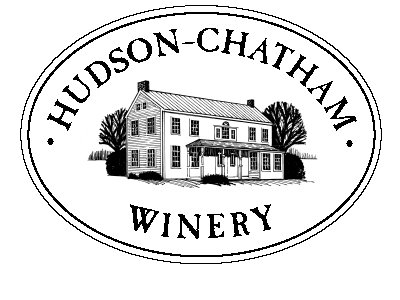 Maple syrup season
Maple syrup seasonMarch 4, 4:22 PM
Boston Examiner
Leah Bloom
Throughout New England, maple trees are being tapped for syrupIt may still look like winter out there, but the sap is flowing - literally! March is Massachusetts Maple Month, the time when trees around the state are tapped for and their sap collected to make all of your favorite maple-flavored treats.
The sugar maple tree, acer saccharum, is native to North America, and has been here for many hundreds of years. The trees are unusually susceptible to pollution, especially acid rain, soil acidification, and the salt used to treat icy roads. This makes them a good indicator of what state the environment is in, and sadly, their population has declined in recent decades.
When properly cared for, sugar maples reach maturity (the age at which they can be tapped) at 40 years, and yield sap for 100 years or more. But trees can only be tapped once or twice during the maple sugaring season, and each tap yields only about 10 gallons, enough sap for a single quart of maple syrup. If you've noticed that maple syrup prices have gone through the roof at your local grocery, now you know why.
That said, maple syrup is still a wonderful sustainable food. The trees are not harmed by tapping, and syrup production tends to be low-tech and often relies on renewable resources to boil the sap down to syrup. The end product is a natural sweetener that stays fresh indefinitely, and in buying it, you are supporting local farmers.
Read more at:
Profile of Leah Bloom: Leah Bloom is a foodie who loves French fries as much as fiddleheads. She strives to eat humanely and sustainably, but isn’t above the occasional fast food meal. Join her on a gastronomic journey that’s good for the planet and your palate.
Email her at: sustainablefoodexaminer@gmail.com

No comments:
Post a Comment